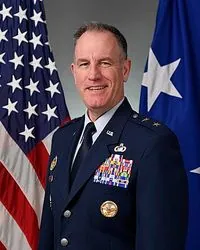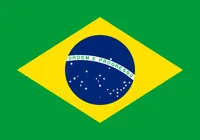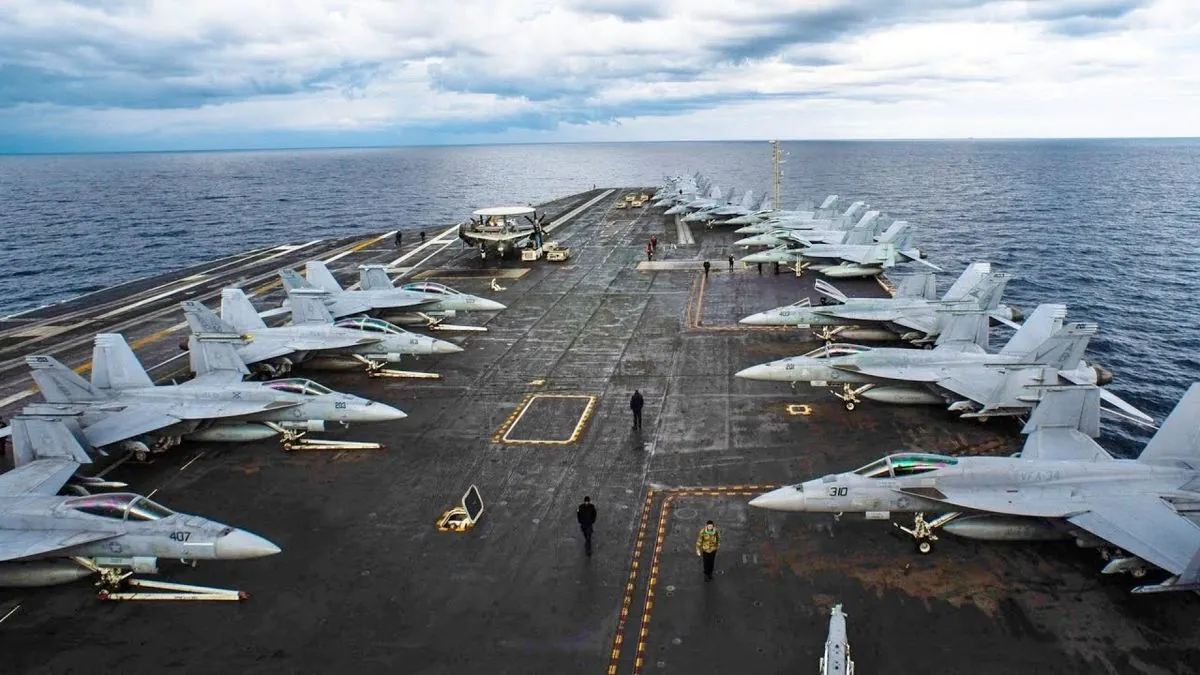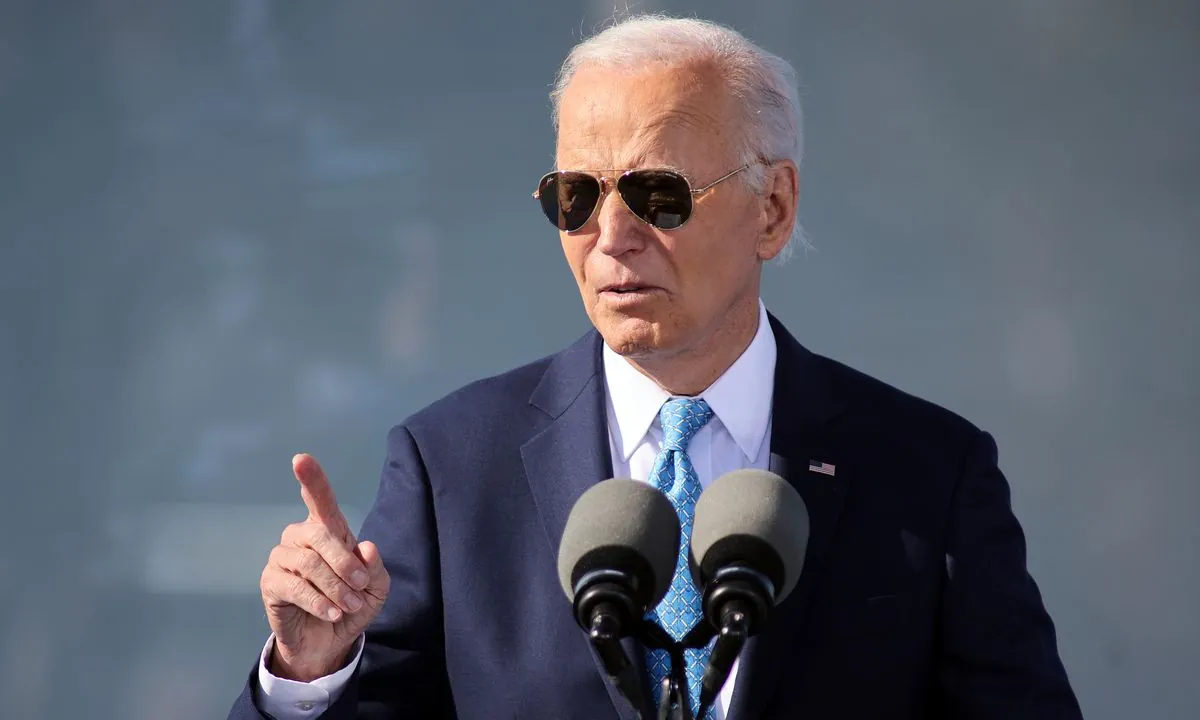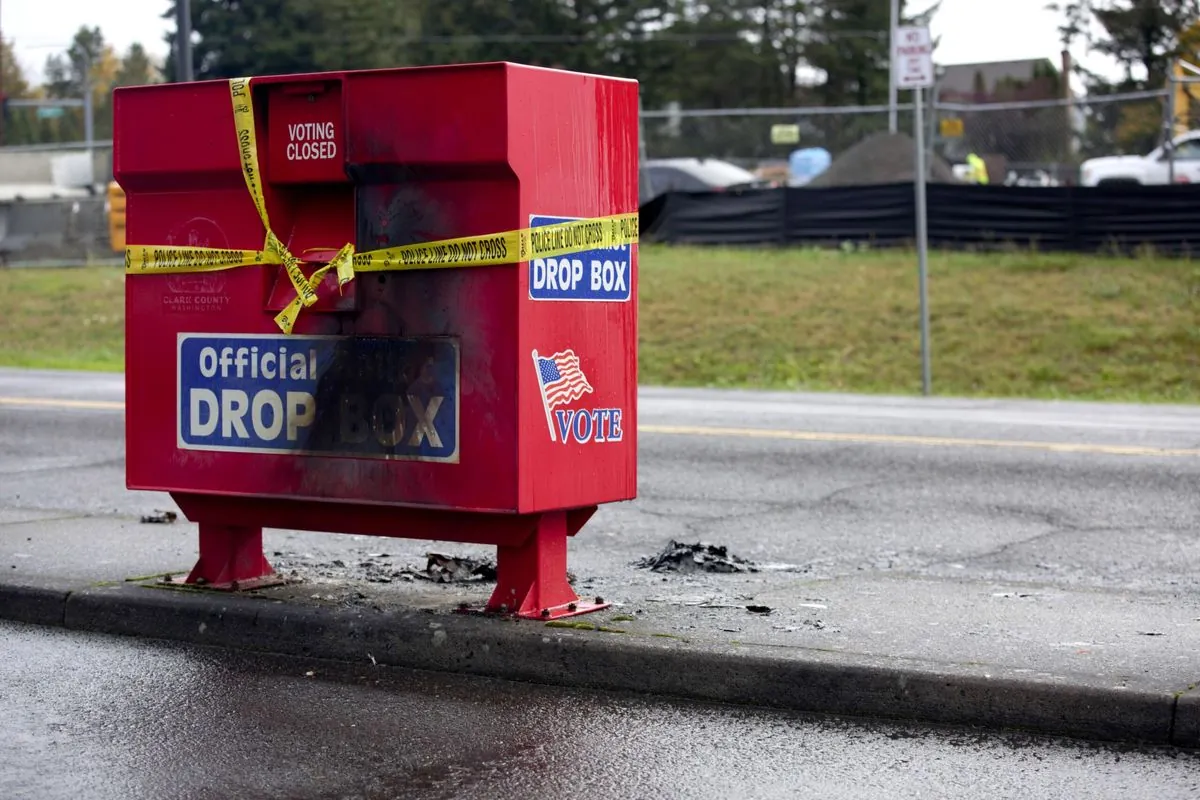UN Nuclear Chief Urges Dialogue with North Korea Amid Global Concerns
IAEA Director-General calls for engagement with North Korea despite sanctions violations. Concerns rise over global nuclear arsenals and safety amid ongoing conflicts and diplomatic tensions.
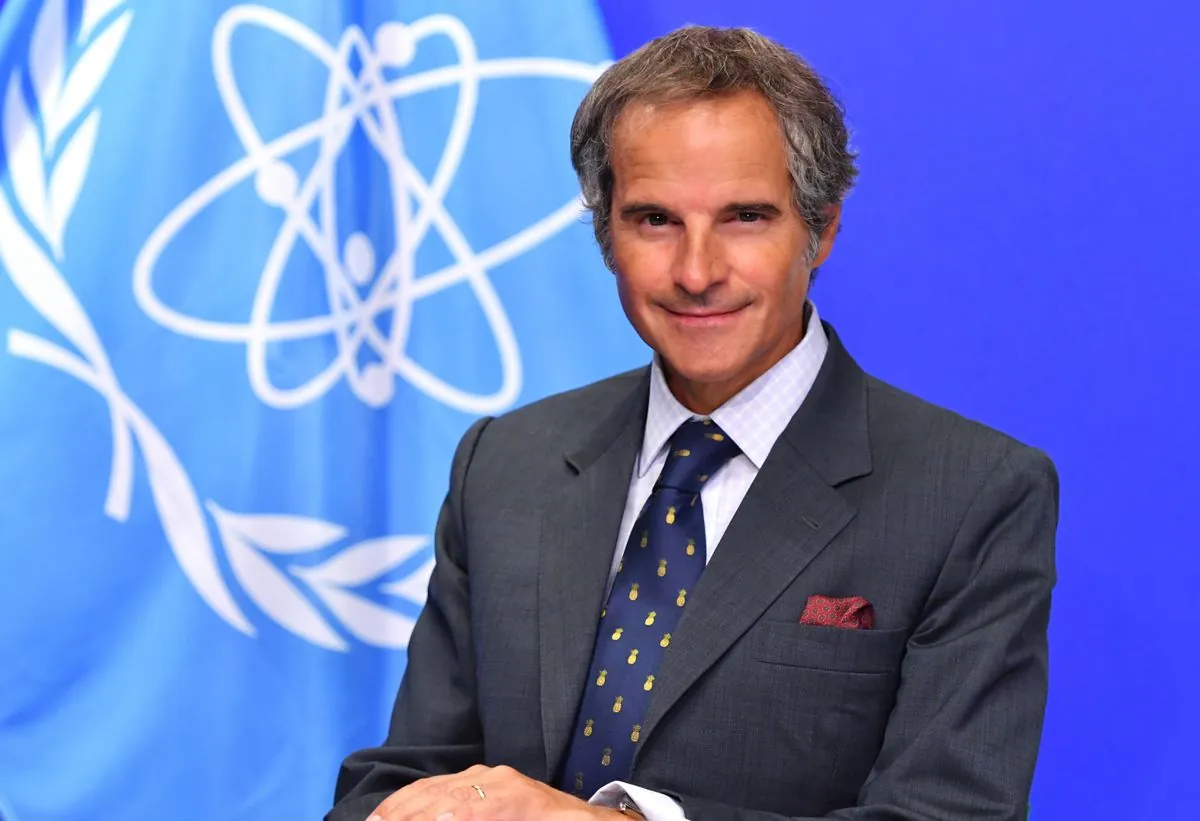
Rafael Grossi, Director-General of the International Atomic Energy Agency (IAEA), has called for a shift in approach towards North Korea's nuclear program. In a recent interview, Grossi emphasized the need for dialogue and engagement, despite the country's violations of UN sanctions and international law.
The IAEA, established in 1957, has been at the forefront of global nuclear safety and non-proliferation efforts. Grossi, who assumed his role in 2019, expressed concern over the lack of international engagement with North Korea since 2006, when it became a de facto nuclear weapon possessor state. Since then, North Korea's nuclear capabilities have expanded significantly, conducting six nuclear tests with the last one in 2017.
Grossi stressed the importance of condemning North Korea's nuclear activities while simultaneously opening doors for dialogue. He stated, "We must be proactive, and we must open doors for dialogue. My credo for many, many years has always been engage, talk, try things."
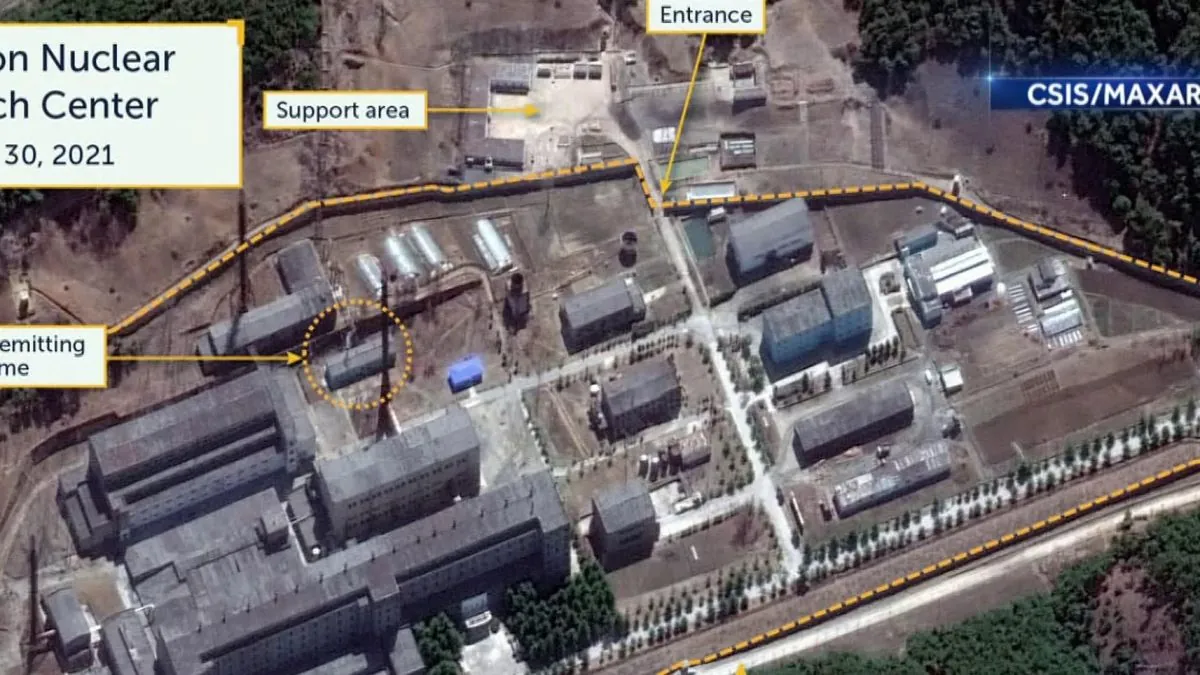
The IAEA Director-General's comments come in the context of broader global concerns about nuclear proliferation and safety. China's nuclear arsenal, estimated at around 350 warheads as of 2024, has been growing under President Xi Jinping's leadership. Meanwhile, the United States is modernizing its nuclear weapons program.
Recent developments in Russia have also raised alarms. President Vladimir Putin announced a revision to Russia's nuclear doctrine, warning that any conventional attack on Russia supported by a nuclear power would be considered a joint attack. This statement has been interpreted as potentially lowering the threshold for nuclear weapons use.
In Ukraine, President Volodymyr Zelenskyy expressed concerns about potential Russian attacks on nuclear power plants, which could lead to a nuclear disaster. Ukraine has 15 operational nuclear reactors at four power plants, including the Zaporizhzhia Nuclear Power Plant, the largest in Europe.
The IAEA has maintained a presence at all Ukrainian nuclear power plants throughout the conflict. Grossi highlighted the challenges faced, including a recent incident at the Zaporizhzhia plant where a cooling tower was set on fire. He also mentioned his visit to the Kursk Nuclear Power Plant in Russia following Ukraine's cross-border incursion.
"We are at an international juncture where other countries are also increasing their nuclear weapons' arsenals, though perhaps not exponentially. This is a symptom of our underlying, very profound malaise that will have to be addressed one way or the other."
Grossi's call for engagement with North Korea includes potential discussions on nuclear safety. He noted that North Korea's nuclear program operates without visibility in terms of basic international nuclear safety standards, handling significant amounts of nuclear material.
The IAEA conducts around 3,000 inspections per year worldwide as part of its safeguards system to verify compliance with the Nuclear Non-Proliferation Treaty. However, North Korea withdrew from this treaty in 2003, complicating international efforts to monitor its nuclear activities.
As the global nuclear landscape continues to evolve, Grossi's approach emphasizes the need for diplomatic action and careful engagement. The international community faces the challenge of addressing nuclear proliferation concerns while ensuring the safety and security of existing nuclear facilities in conflict zones.














